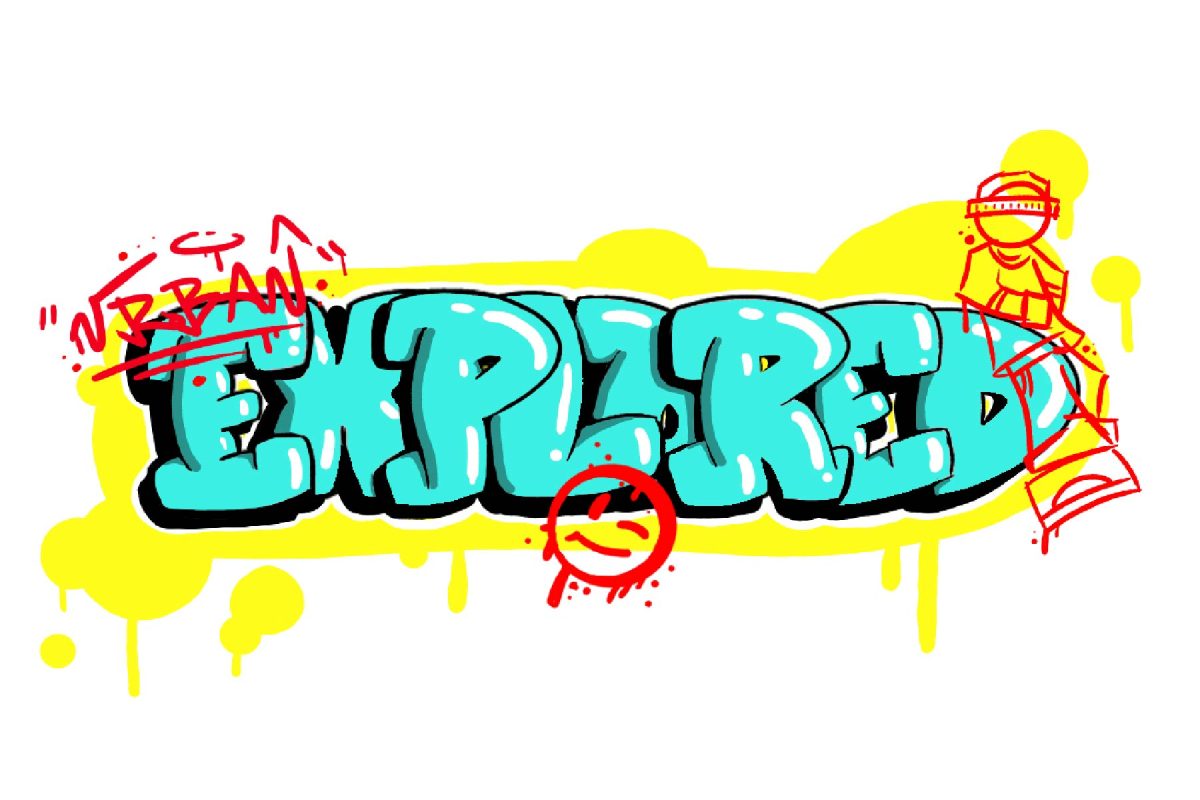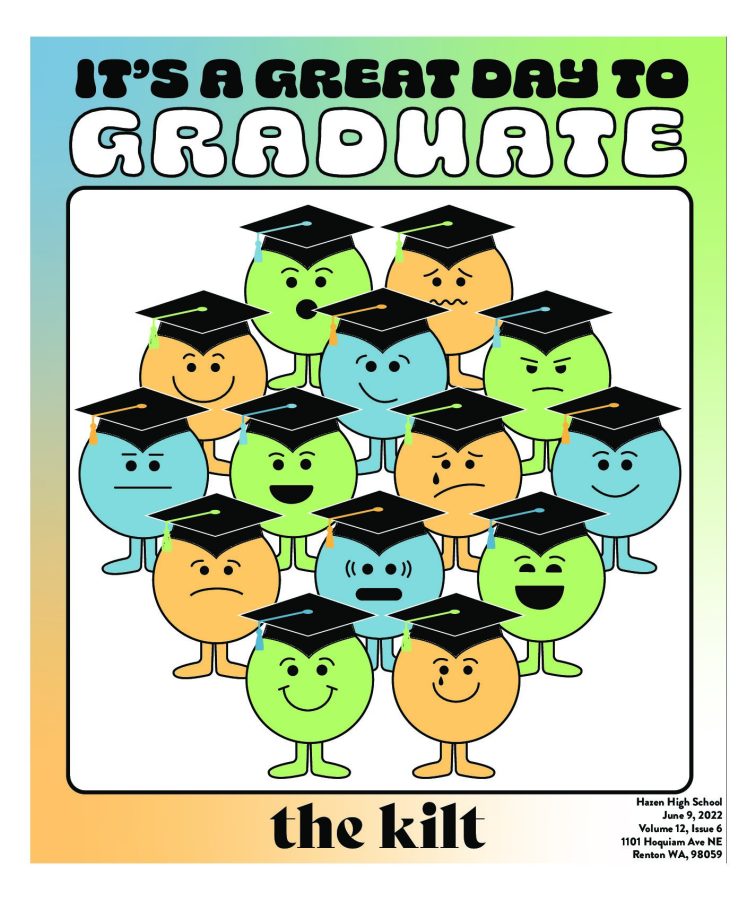Since its establishment in 1983, the locally founded REI Co-op has been a leader in the outdoor equipment industry and a symbol of environmental activism and the outdoor reaction community in the Pacific Northwest. Commitment to public land protection, sustainability, and climate change action have been pillars of the company’s values since its origination. Its member-owned business model has kept the company’s priorities in alliance with its customers despite its being a large corporation and helped it form and maintain a large and loyal customer base.
According to its website, REI “maintains a nonpartisan stance.” However, its foundational company values, mission to preserve nature, and make the outdoors accessible are most closely aligned with left-wing policies in our current political climate. REI has continually supported gender and racial equality and accessible abortion care. In the greatest relation to its industry and values, REI has vowed to protect public lands, maintain the quality and accessibility of outdoor spaces, and mitigate climate change.
On January 14, REI sparked controversy with their endorsement of former North Dakota Governor and Trump-nominated Doug Burgum as the Secretary of the Interior. The letter was authored by the Outdoor Recreation Roundtable Association, a coalition of trade associations and companies “that promotes the growth and health of the outdoor recreation economy,” according to their website. Since then, Burgum has been sworn into office and has implemented plans to increase oil drilling and threatened to remove public land protections. Alongside his past policies and actions as governor, REI customers have expressed their concern with the company’s alliance with Burgum and questioned their dedication to preserving public lands.
Before his political career, Doug Burgum was a software and real estate development executive who relied on this “businessman” characterization throughout his campaign. Although his time as governor crossed Trump’s first term in office, second lost campaign, and second presidential election, he maintained separation from Trump and his fellow Republican loyalists.
In his 8-year run as North Dakota Governor, which began in 2016, Burgum helped North Dakota reach historically high oil production levels in his work to increase America’s energy independence. In contrast to support of oil drilling, Burgum strongly advocated for North Dakota’s plan for carbon sequestration, building a pipeline to bury captured carbon dioxide under the state’s land, and promised North Dakota would be carbon neutral by 2030. Under policies from Biden’s administration, companies receive $85 for every metric ton of carbon dioxide they sequester. Skeptics believe that Burgum’s pipeline project will further fund oil companies through tax credits and incentivize the further use of fossil fuels. Burgum also “avoids describing the pipeline or other carbon capture initiatives as environmentally friendly,” according to AP News. While he did work to enact climate solutions, they strongly demonstrated his priorities to maintain and extend the life of the fossil fuel industry.
Social issues surrounding gender, sexuality, and abortion care will not fall under Burgum’s jurisdiction in his new position, but his policies on these topics are key to understanding his beliefs and political identity. During his time as governor, he signed a variety of anti-LGBTQ bills that criminalized gender-affirming care, restricted drag performances, and banned transgender individuals from women’s sports. He also signed one of the most restrictive abortion bans in the country that only allows abortion within the first six weeks of pregnancies that resulted from rape or incest.
In his opening statements as Secretary of the Interior, Burgum shared his views for the office: “We look forward to delivering on President Trump’s vision for Energy Dominance – which is the foundation of American prosperity, affordability for American families, unrivaled national security, and world peace.” This plan for energy dominance will shift focus to increased fossil fuel production and oil drilling, degrade past actions to mitigate climate change, and prove alliance with Trump’s campaign plans to “Drill, baby, drill.” He also has plans to sell public lands to private companies and rescind the protection of national monuments, which places barriers to conservation efforts.
REI has always been upfront about their support of political causes and more recently founded their Cooperative Action Fund on October 21 as a part of their “mission to create a more equitable outdoors” (REI). Their website has a variety of campaigns supporting the protection and conservation of public lands and social equity movements. Each campaign provides members with information and a form to create auto-generated emails to send to government officials. Doug Burgum’s secretarial plans for oil drilling directly contradict what REI and its members stand for, and the policies REI promotes, placing the authenticity of their political support into question.
On February 12, REI addressed the member outrage with an Instagram post opposing their previous support of Burgum. The post reads that they are “calling on [him] to rescind the sweeping orders undermining the public lands enjoyed by millions of Americans each year.” The Cooperative Action Fund also has a campaign titled “Hands off Our Public Lands” demonstrating the same opposition to their support.
Members have fled to TikTok to share their disappointment with the company and shared plans to boycott. Although the REI company has been continuously fighting against the unitization of their workers, a group of employees called the REI Union group has also spoken out against REI’s choice to support Burgum’s plans toward the environment to uphold REI’s original core values.. They stated that “REI’s endorsement of Burgum is shocking, but it’s completely in line with their trend of abandoning values that make our Co-op special.”
At this point, it is unclear where REI truly stands stands. The company has taken clear steps away from its previous support and attempted to backtrack, but they made their original alliance with Burgum glaringly clear. Whether REI can maintain its reputation as a progressive political leader in the outdoor industry and regain the trust of its employees, customers, and members remains to be seen.





































